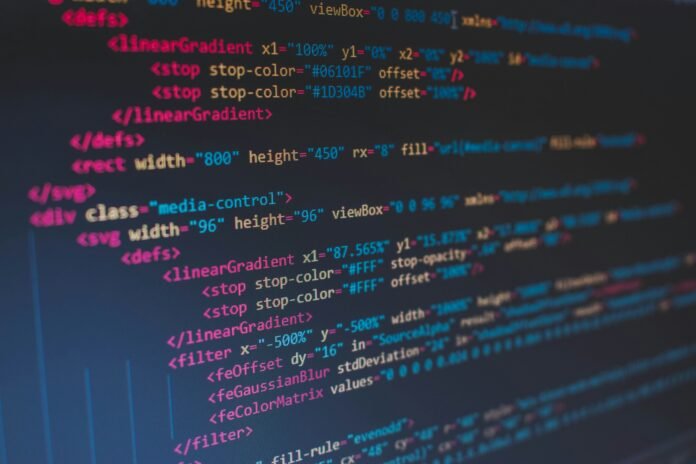The Rise of AI Coding Tools: Revolutionizing Software Development
In the ever-evolving landscape of technology, artificial intelligence (AI) has emerged as a transformative force across multiple industries. One of the most significant areas of impact is software development, where AI-powered coding tools are streamlining workflows, enhancing productivity, and reshaping the role of developers. As these tools continue to evolve, they promise to redefine how software is created, tested, and maintained.
The Emergence of AI Coding Assistants
AI-powered coding tools have gained traction due to their ability to assist developers in writing, debugging, and optimizing code with unprecedented efficiency. Platforms such as GitHub Copilot, OpenAI’s ChatGPT, and DeepCode leverage machine learning models trained on vast amounts of code to provide real-time suggestions, auto-completions, and even generate entire code snippets based on natural language prompts.
These tools function as intelligent assistants, reducing the time required for coding tasks and allowing developers to focus on higher-level problem-solving. By analyzing coding patterns, AI assistants can recommend best practices, detect vulnerabilities, and ensure adherence to coding standards, ultimately improving the quality of software.
Enhancing Developer Productivity
Traditional coding involves extensive research, debugging, and trial-and-error processes. AI coding tools mitigate these challenges by automating repetitive tasks and identifying errors in real time. This not only accelerates development cycles but also reduces the cognitive load on developers.
For instance, AI-driven code completion can predict what a programmer is about to type next, significantly reducing keystrokes and minimizing syntax errors. Debugging tools powered by AI can analyze logs and suggest fixes for runtime errors, expediting the troubleshooting process. Moreover, AI can assist in documentation generation, making it easier for teams to understand and maintain codebases over time.
The Role of AI in Code Review and Security
Security is a critical aspect of software development, and AI is proving to be a valuable ally in identifying potential vulnerabilities before they become security threats. AI-driven code review tools can analyze repositories for insecure coding practices, suggest patches, and enforce compliance with security standards.
Companies are increasingly integrating AI into their DevOps pipelines to ensure continuous security monitoring. Automated vulnerability detection powered by AI helps organizations proactively mitigate risks, reducing the chances of cyberattacks and data breaches.
AI’s Impact on Software Engineering Roles
While AI coding tools are enhancing efficiency, they also raise questions about the future of software engineering roles. Rather than replacing human developers, AI is augmenting their capabilities. Developers are now shifting from writing boilerplate code to focusing on strategic aspects such as system design, architecture, and problem-solving.
AI is also democratizing coding by enabling non-programmers to develop applications using natural language-based code generation. This has the potential to broaden the accessibility of software development, empowering business professionals, researchers, and educators to create software without extensive programming knowledge.
Challenges and Ethical Considerations
Despite their advantages, AI coding tools come with challenges. The reliance on AI-generated code raises concerns about code quality, intellectual property, and security risks. AI models trained on open-source repositories may inadvertently introduce licensing issues or biased code patterns. Furthermore, AI tools must be continuously refined to avoid generating inefficient or incorrect code.
Developers must exercise caution and perform thorough code reviews when using AI-generated suggestions. Organizations should implement best practices for AI-assisted development to ensure software reliability and ethical AI usage.
The Future of AI in Software Development
The trajectory of AI in software development is poised for rapid growth. Future advancements may include AI-powered autonomous coding agents capable of managing entire software projects, intelligent debugging systems that learn from past errors, and more sophisticated AI-human collaboration frameworks.
As AI continues to evolve, it will undoubtedly become an integral part of software engineering, fostering innovation and efficiency. While human creativity and problem-solving skills remain irreplaceable, AI coding tools are set to revolutionize software development, making it faster, more secure, and accessible to a broader audience.
Conclusion
AI-powered coding tools are reshaping the software development landscape by enhancing productivity, improving security, and democratizing coding. As these tools continue to mature, they will play an increasingly vital role in helping developers build high-quality software efficiently. However, balancing automation with human oversight will be essential to harness AI’s full potential while mitigating risks. The future of software development lies in the synergy between human expertise and artificial intelligence, unlocking new possibilities for innovation in the digital age.




